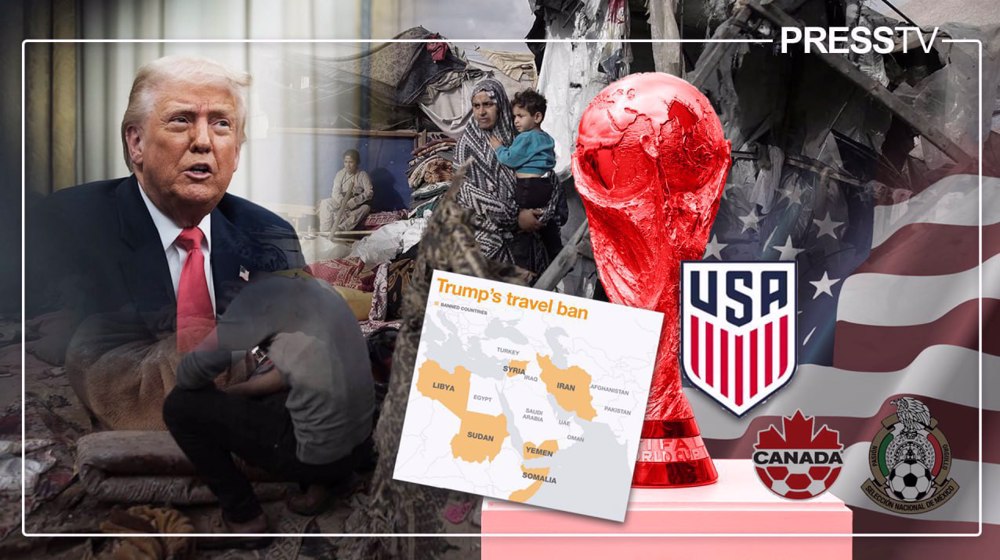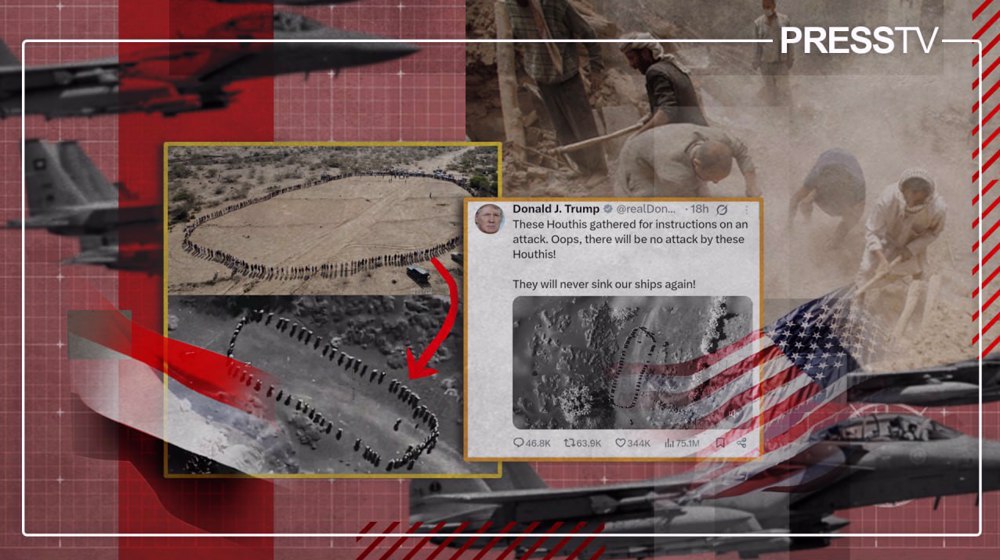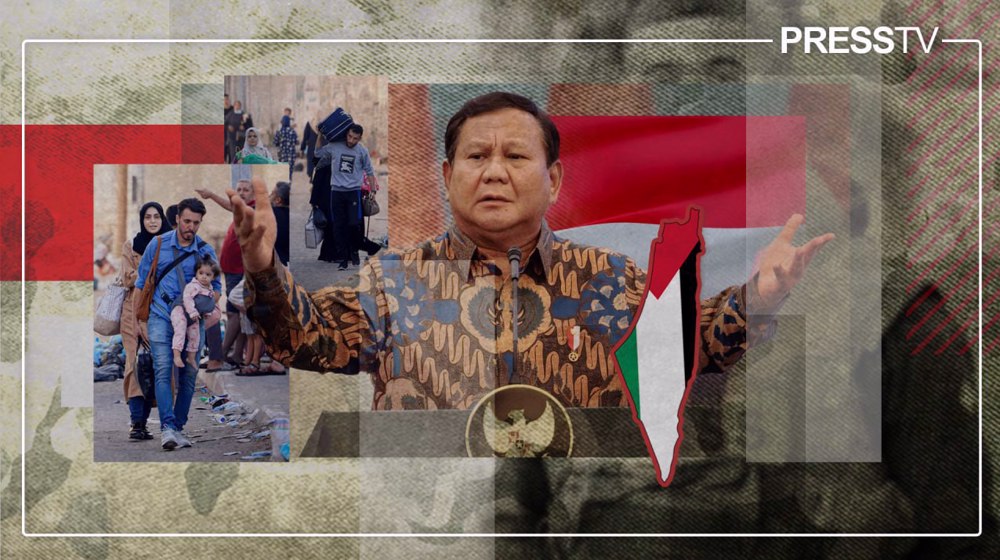Iran is making one point very clear in nuclear deal talks. The West had better listen.
By Hossein Jelveh
(Hossein Jelveh is an independent Iranian journalist based in Tehran. He has graduated with a master’s degree from the Faculty of World Studies at the University of Tehran. You can follow him on Twitter @hossein_jelveh.)
In the course of the negotiations that have been launched to revive the 2015 Iran nuclear deal, a laborious but avoidable chore imposed on the negotiators as a result of the unilateral withdrawal of the United States from the agreement in 2018, Western countries have been going off the track yet again.
That repeated deviation from a deal that took over two years and 109 pages to complete and that lays out in meticulous detail each and every obligation of the signatories is offensive and unacceptable, and it could hurt the revival of the deal.
Iran has made clear what the United States must do to come back into compliance with the deal: remove all the sanctions that were imposed on Iran in violation of the deal, what are sometimes referred to JCPOA-related sanctions, the JCPOA being an abbreviation for the official name of the Iran nuclear deal.
Iran’s Leader Ayatollah Seyyed Ali Khamenei has said Iran will implement the deal in its original form once it has verified that all US sanctions have been removed. President Hassan Rouhani said in remarks on April 13 that Iran expected a full return to the contractual obligations and agreements made in 2015 and expected all parties to the Iran nuclear deal to fulfill the pledges they made that year. He said Iran would neither accept “less…, nor would it want… more.”
Before he was voted out of office in 2020, former US President Donald Trump, who despised the Iran deal and who withdrew America from it, re-imposed a series of expansive sanctions on Iran that had been lifted under the JCPOA, this time not under the pretext of concerns about Iran’s nuclear program — which the JCPOA had already addressed — but under new labels, for instance sponsorship of terrorism. By so doing, that is re-imposing and relabeling the very sanctions that the agreement had had lifted, Trump believed he would be making it difficult for his successor to easily return to the deal. He thought President Joe Biden would have a tough time removing sanctions that have been (re-)imposed not over nuclear-related matters but over terror-sponsorship and other labels.
Current US officials and sources close to American and European negotiators have now been saying that the US is dividing the post-JCPOA sanctions into JCPOA-related and non-JCPOA-related ones, and intends to remove only the former. Iran, meanwhile, is saying that it considers all those sanctions as JCPOA-related because they were imposed with the intent to affect the deal and its implementation, or, most recently, the negotiations to revive it.
Abbas Araqchi, Iran’s deputy foreign minister and top negotiator at the new negotiations in Vienna, made that point clear as recently as Thursday (April 15), after the European Union (EU) also imposed so-called human rights sanctions on Iran.
In remarks made to Press TV, Araqchi stressed that those sanctions, too, were considered JCPOA-related because they had been meant to affect the negotiations to revive the JCPOA.
“We told them (the Europeans) that even your human rights sanctions that you imposed two days ago, we consider them as JCPOA-related sanctions, because, right in the middle of negotiations, you decided to impose sanctions, and that is certainly to undermine the current negotiations and to undermine the JCPOA altogether,” Araqchi said.
Iran — already betrayed by a perfidious United States and a weak-kneed Europe — is articulating what should happen in order for the deal to be revived in its original form. By refusing to listen, the Unites States and Europe are only making it more difficult for that prospect to materialize.
Let’s remember, the deal has political and economic dividends for everyone to enjoy. Failing to revive it now could mean failing to revive it forever.
(The views expressed in this article do not necessarily reflect those of Press TV.)

Trump's proposed travel ban should bar US from hosting 2026 FIFA World Cup

US war machine in Yemen: Bombing civilian gatherings with total impunity

Indonesia's Gaza intervention: A humanitarian gesture or a strategic trap?
Jeffrey Sachs: West Asia will see no peace until US is out
The implications of Trump’s trade war for Iran
Iran: Indirect talks with US strictly limited to nuclear, sanctions issues
Harvard faculty sue Trump admin over funding threat tied to pro-Palestine activism
Iran urges UN to employ resources to halt Israeli genocide in Gaza
VIDEO | Thousands rally in Dhaka in support of Gaza amid renewed violence
Indirect but impactful: Iran-US talks mediated by Oman off to a ‘constructive’ start
Hamas slams Israeli airstrike on Al-Ahli Hospital as ‘yet another war crime’







 This makes it easy to access the Press TV website
This makes it easy to access the Press TV website